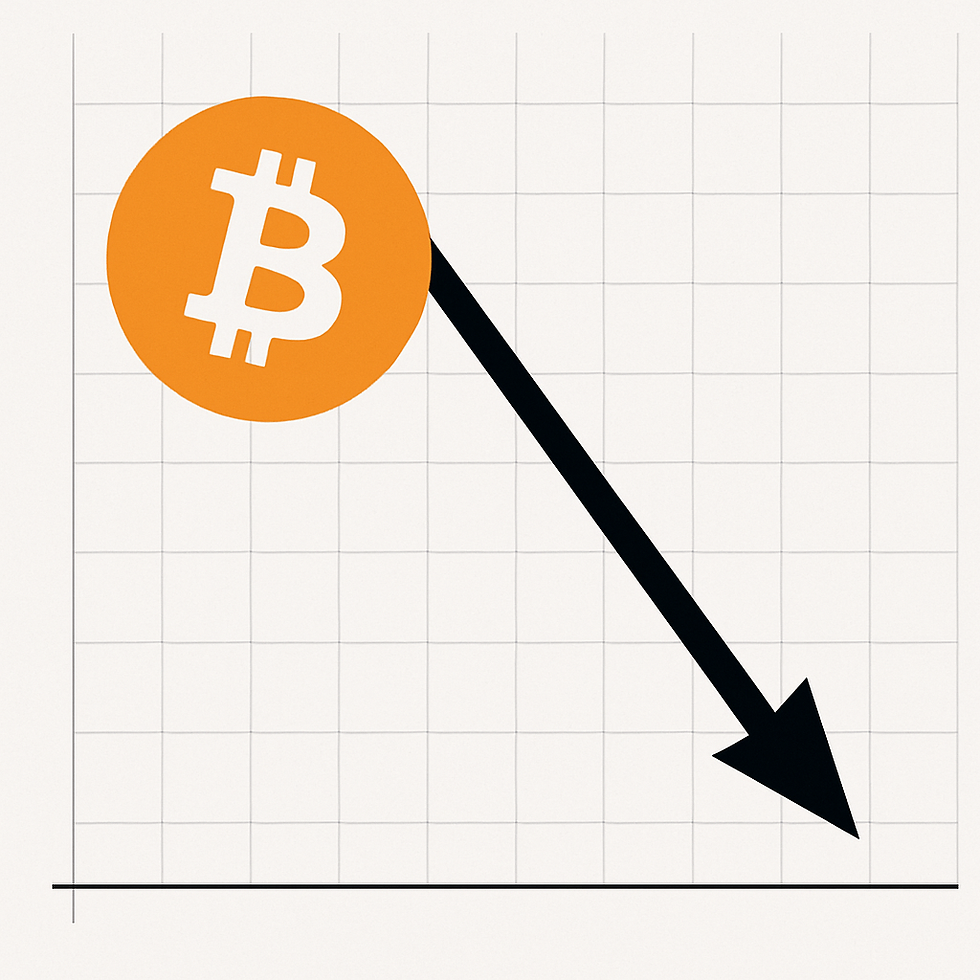A People Apart, or a People Adrift?
- WireNews

- May 26
- 4 min read
by Ram ben Ze'ev

Across the generations, we have been called עם לבדד ישכון (am levadad yishkon – “a nation that dwells alone”) – a people set apart, sanctified through Torah and covenant with the Almighty. Yet today, in the comfort and distraction of modernity, we face a different kind of solitude: not the holy distinction of purpose, but a troubling drift away from the Divine. The distance between our people and הקב"ה (HaKadosh Baruch Hu – the Holy One, blessed be He) has widened, and nowhere is this more evident than in the state of religious observance and spiritual consciousness among Jews around the world.
The Numbers Tell a Story – But Not the Whole Story
In the United States, home to the second-largest Jewish population after Israel, a 2020 Pew Research Center survey revealed that 27% of American Jews identify as "Jews of no religion", and a majority admit to rarely or never attending synagogue or engaging in regular prayer and the number is rising. Even among those who identify as "Jews by religion," observance of mitzvot is often selective or symbolic, not grounded in halakhic living or Torah learning.
In the United Kingdom and across Western Europe, the trend is much the same, if not more acute. A 2022 study by the Institute for Jewish Policy Research found that over 50% of British Jews describe themselves as "just Jewish" or secular. Across the EU, intermarriage rates climb steadily, and synagogue attendance continues to decline outside of lifecycle events or the High Holy Days.
ADVERTISEMENT: Start Investing with No Fees — Join Robinhood Today
And in Israel – the Jewish state – nearly 45% of Jews identify as חילוני (hiloni), secular, and many of those who describe themselves as מסורתי (masorti) progressive, akin to Reform and engage only occasionally with mitzvot. While Torah study flourishes in ישיבות (yeshivot) and religious communities, the broader Israeli public is often more nationalistic than spiritual.
So while we count nearly 15 million Jews worldwide, the number living with יראת שמים (yirat shamayim) – awe of Heaven – is a fraction. This is not just a sociological issue. It is a spiritual emergency.
The Root of the Crisis – Disconnection from Our Essence
The Holy Zohar teaches that the Jewish soul is חלק אלוקא ממעל (chelek Eloka mi-maal – a portion of G-D above), a Divine spark clothed in flesh. In פרשת תרומה (Parashat Terumah), the Holy Zohar (2:128a) explains that when a Jew severs themselves from the Source, their soul becomes like a branch cut from a tree – withering, vulnerable, and adrift.
The Tanya, in chapter 2, echoes this truth: our souls are rooted in the Infinite, and just as a limb cannot survive without the life-force of the heart, so too can the Jew not thrive without connection to Torah and מצוות (mitzvot).
This distancing is not merely about synagogue attendance or kosher observance. It is about identity, purpose, and destiny. A Jew disconnected from Torah is like a lamp without oil – outwardly beautiful perhaps, but unable to shine.
What Are the Consequences?
Assimilation and Intermarriage: Without the anchor of Torah, identity becomes fluid. In America and Europe, intermarriage rates have skyrocketed, with some communities reporting upwards of 70%. This is not just demographic attrition – it is spiritual hemorrhaging.
Loss of Moral Compass: The Jewish contribution to global ethics comes not from abstract humanism, but from תורה משמים (Torah miShamayim) – Torah from Heaven. As Jews abandon their heritage, we see moral confusion, political distortion, and a weakening of communal values.
Vulnerability to Antisemitism: Ironically, but unsurprisingly, as Jews try to blend in, the world continues to mark us as “other.” When we abandon the protection of שמירה עליונה (shmirah elyonah) – heavenly guardianship – we open ourselves to the harsh winds of history.
Disconnection from Each Other: A people without a shared spiritual vocabulary becomes fractured. Torah is what binds an Ethiopian Jew and a Russian Jew, a Satmar Chassid and a secular Israeli. Without it, we are merely a tribe by blood – not a nation of destiny.
Reclaiming Our Role
The first step to return is recognition. ושבת עד ה אלקיך (veshavta ad Hashem Elokecha – you shall return to the L-RD your G-D) is not a threat; it is a promise. The distance is never too great. The flame never fully extinguished.
We must invest not in Jewish identity campaigns, but in Torah education, in בית כנסת (beit knesset) and בית מדרש (beit midrash) – in places where Jews can encounter the Divine not as a concept, but as a living Presence. We must elevate שבת (Shabbat), teach our children to say שמע ישראל (Shema Yisrael) with conviction, and see mitzvot not as burdens, but as lifelines.
ADVERTISEMENT: Start Investing with No Fees — Join Robinhood Today
The Holy Zohar teaches that when even one Jew returns, he or she causes joy Above and below. The בעל תשובה (baal teshuvah) – one who returns – is not merely forgiven but uplifted, for his journey from distance to closeness sanctifies even the darkness. If we are to endure, not merely survive, we must heed the still voice within us – the one that whispers not of trends or culture, but of Sinai.
The Call
We are not statistics. We are a people who stood together beneath the mountain and heard G-D say אנכי (Anokhi – I) – I am the L-RD your G-D. That Voice still speaks. The question is: are we listening?
It is time to return. Not to nostalgia or nationalism – but to Torah, to truth, to the One who has never left us, though we have wandered far.
>>>> BUY ME A COFFEE <<<<
###
Bill White (Ram ben Ze'ev) is CEO of WireNews Limited, Mayside Partners Limited, MEADHANAN Agency, Kestrel Assets Limited, SpudsToGo Limited and Executive Director of Hebrew Synagogue








